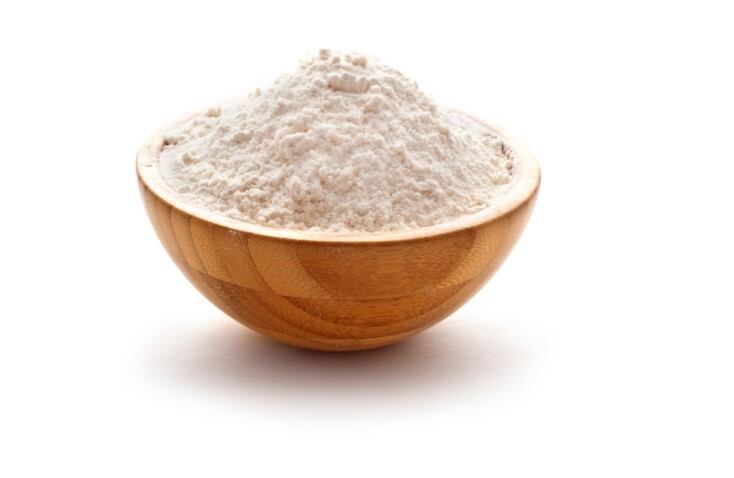Writing in Food Chemistry, the ingredient specialists detail the structural differences observed in five commercial samples of yeast β-glucan that is likely to determine biological activity.
“We’ve long known that all beta glucans are not created equal when it comes to scientifically proven health benefits,” explains Donald Cox, study author and R&D Director at Kerry.
“What these new findings demonstrate is that each proprietary source of yeast beta glucan is structurally different.”
The study took five commercial samples of yeast β-glucan, which were assayed for their β-glucan, carbohydrate, and glycogen content and compared it to the (1,3/1,6) β-d-glucan isolated from the yeast cell wall of Saccharomyces cerevisiae – the main component of Kerry’s immune supporting ingredient Wellmune.
Study findings
Results revealed β-glucan content of these samples ranged from 74% to 86% while the glycogen content varied from 0 to 20%.
The linkage pattern of each sample was also measured, which showed samples varied from 1.9% to 9.2% branching. Side length distributions of the samples were shown to be similar.
“The various sources of yeast β-glucan tested in this study suggest that the source (or strain) of yeast and the method used to isolate and purify the yeast β-glucan are important factors affecting the final structure of the yeast β-glucan,” the study concludes.
“Structural data presented here suggest that the production process specific to each source might result in slight alteration of the chemical structure of the β-glucan.
“On the other hand, the linkage process effect was ruled out. Additional studies comparing the effect of yeast β-glucan structure on biological activity should be considered as a next step in the research process.”
β-Glucans naturally occur in cereals, lichens, bacteria, mushrooms, and yeast with the fibre implicated in aiding the immune system to recognise and respond to potential fungal pathogens.
β-glucans present in food and beverage products have numerous effects on the human body and these biological effects are structurally dependent.
Some studies have shown that beverages supplemented with oat β-glucan resulted in significant decreases in total and LDL cholesterol levels compared to controls in hypercholesterolemic subjects.
“Because Wellmune has a unique chemical structure, the wealth of research carried out on it cannot be used to claim immune health benefits for other beta glucans,” adds Cox.
“The next step is to investigate more about the way these structural differences affect functional benefits, and we hope to be at the forefront of this research.”
β-glucan interests
Along with Kerry, other firms in the β-glucan space include Israeli firm Solabia-Algatech Nutrition, which launched its algal fermentation-derived ingredient in the Summer.
The ingredient, BioGlena, is produced via a ‘proprietary fermentation technology’ via the organism Euglena gracilis, a single celled, freshwater algal species.
Like a number of other algal species, it can feed photosynthetically or can be cultivated in a fermentation scenario.
Other firms include Kemin Industries, which announced its algae-sourced beta glucan ingredient received Novel Foods Approval by the European Commission (EC) in December last year.
The Iowa-based firm revealed details of the motion, which included a five-year exclusivity on sales of the product ‘BetaVia Complete’ within the European Union.
BetaVia Complete is the firm’s algae-sourced beta-glucan ingredient that is manufactured through a patented process using a proprietary strain of algae, Euglena gracilis ATCC PTA-123017.
The fibre’s versatility has recently been put to the test in a pilot study that reported the intake of two strains of beta glucans could lower cytokine storm and coagulopathy biomarkers in COVID-19 patients.
The mild symptoms of COVID-19 involve fever, cough or runny nose, but cytokine storm and coagulopathy have been linked to the onset of severe cases of COVID-19.
Source: Food Chemistry
Published online: doi.org/10.1016/j.foodchem.2021.130708
“Comparison of structural differences between yeast β-glucan sourced from different strains of saccharomyces cerevisiae and processed using proprietary manufacturing processes.”
Authors: Jean Boutros et al

